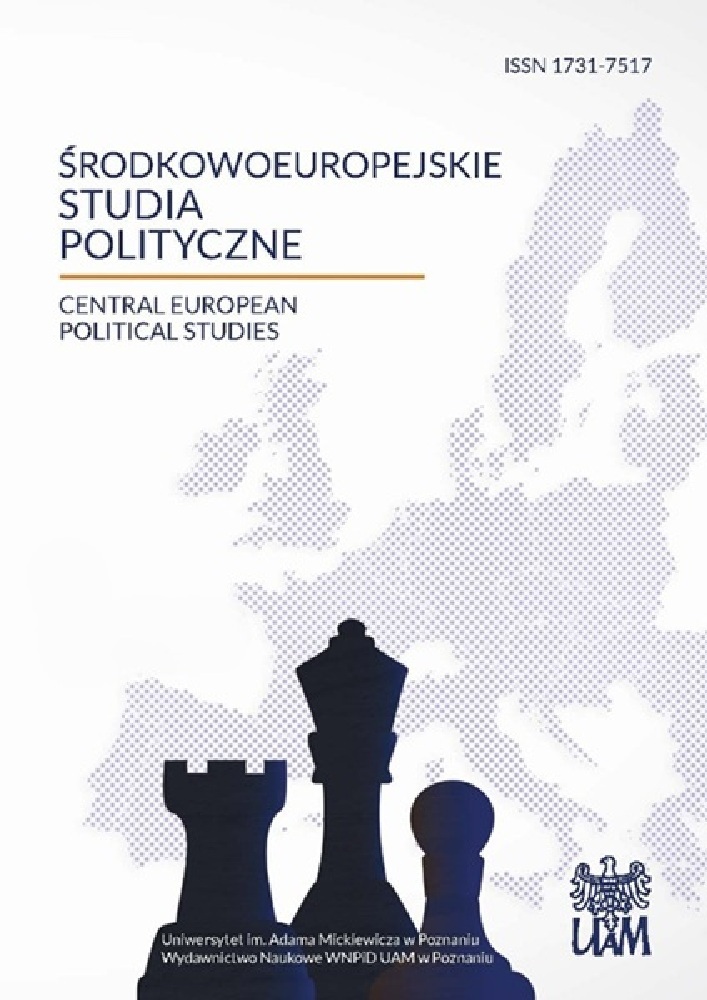Abstract
In 2009 we passed the eightieth anniversary of Peter Cardinal Gasparri signing an agreement with the Italian Government, represented by Prime Minister Benito Mussolini. The documents signed by the parties led to the establishment of the smallest state in the world – the Vatican City. The Lateran Treaty led to the exclusion of 44 hectares from Italian territory and their transfer to the jurisdiction of the Pope. This led to a situation when it was necessary to determine the status of the persons on the territory of the newly established state. Thus, a formula emerged of a residence permit and citizenship of the Vatican. Of course, it was necessary to define the categories of people using both formulas. The intention of the author of this article was to indicate that the acquisition of citizenship of the Vatican cannot be classified in any of the traditional categories of ius sanguinis and ius soli. It is a specific form of citizenship, which could be called functional citizenship. The persons eligible for citizenship of the Vatican fall into several categories, with particular emphasis on those serving in the Papal Swiss Guard. The subject of the article are the rights and obligations of citizens of the Vatican and Vatican documents (identity card or passport).License
Copyright
© 2010, Uniwersytet im. Adama Mickiewicza w Poznaniu, Wydawnictwo Naukowe Instytutu Nauk Politycznych i Dziennikarstwa
OPEN ACCESS
